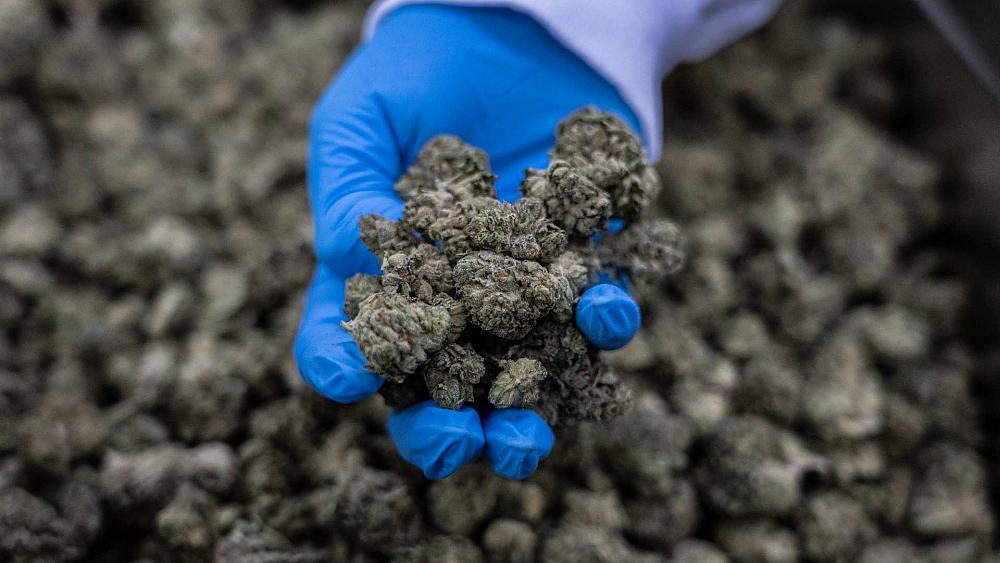Bellotti was in his mid-30s, with a young family, and had been growing his own cannabis since the mid-1990s, when the price of the drug spiked in Malta.
The raid in 2003 was the beginning of a five-year legal nightmare for Bellotti, one that continues to have repercussions today.
A new law allows cannabis users to grow a maximum of four plants, carry up to seven grams and store up to 50g for personal use at home.
And yet, cannabis advocates have achieved in Malta what they have repeatedly failed to do in states such as Germany, France and Luxembourg – all of which have broad public support for legalisation.
In its substance, the law is also unique in that it does not permit commercial production.
For supporters of the law, Malta has therefore been doubly successful in taking the distribution of cannabis out of the hands of criminals without handing it over to corporations.
Malta’s geographical position between North Africa and Europe — the island is just 300 miles from Tunisia — has long made it a transit point for illegal drugs, including cannabis, although Bonello told Euronews the bulk of Malta’s cannabis has tended to come via Sicily, 116 miles to the north.
There was a noisy movement within Malta against the law, which was passed by 36 to 27 votes along strict party lines.
Launched in the immediate aftermath of the cannabis law, ABBA has pledged to amass 34,000 signatures to a petition to hold a referendum and revoke it.
For Mintoff, the cannabis law may just be the beginning, and ABBA plans to run candidates in every district in elections this year and try to overturn decades of dominance by Malta’s two main parties.
